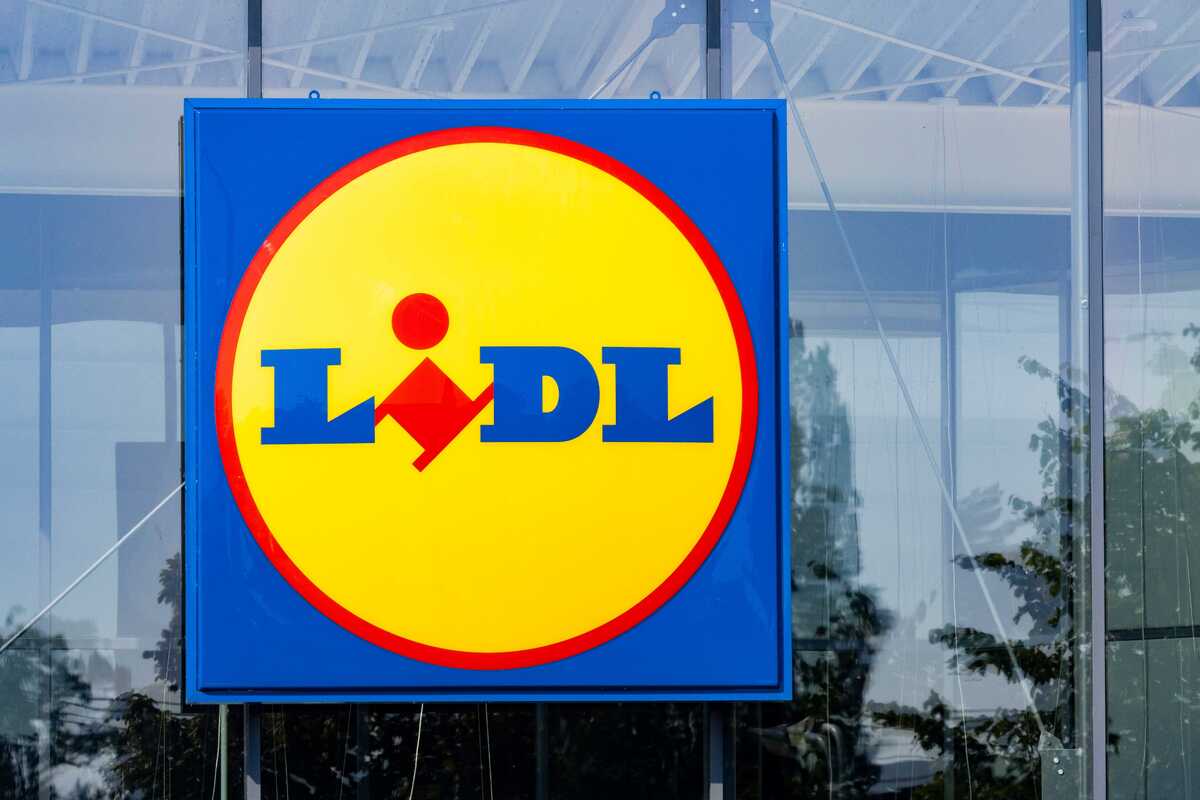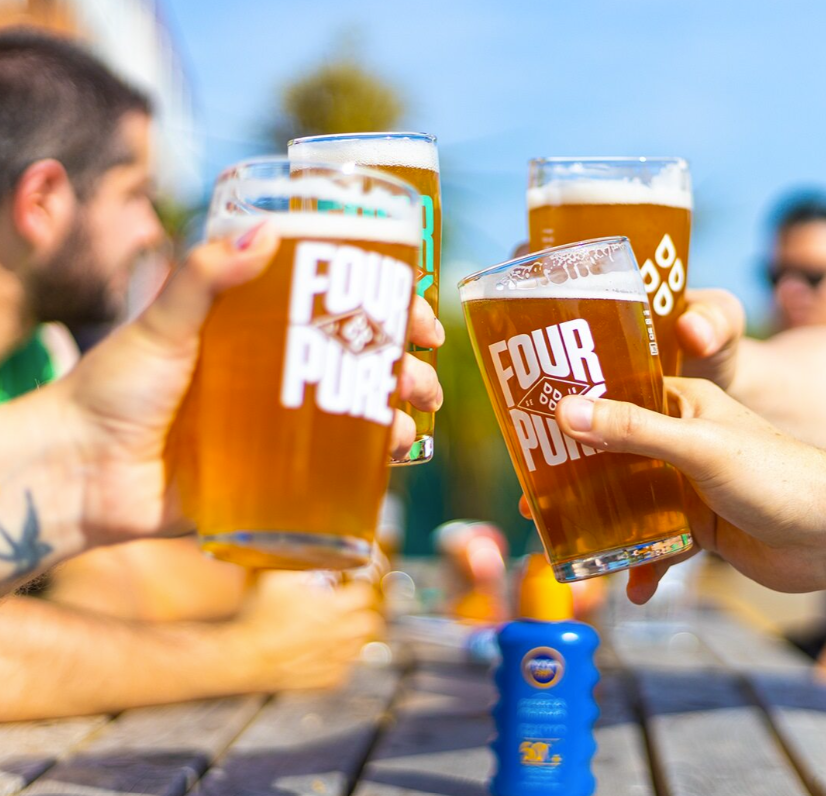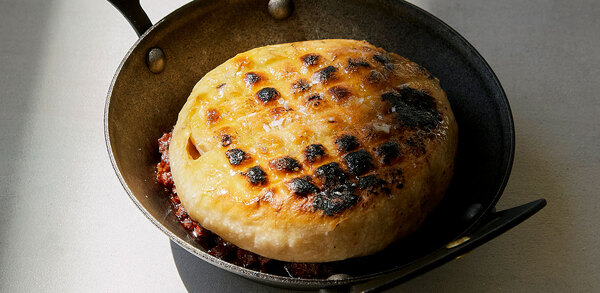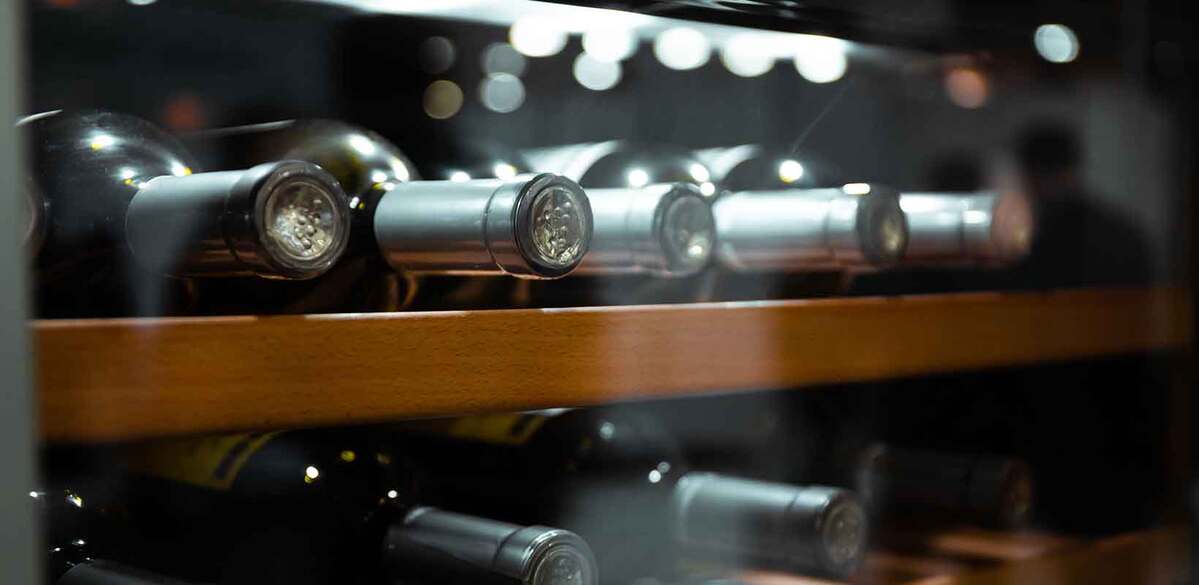How to… undertake due diligence
Only once in my career have I encountered a food poisoning allegation against the place I worked in - from two customers who had eaten the chicken liver terrine.
When the environmental health officer (EHO) arrived to investigate the allegation, we were able to show recorded documentation of each stage of the livers from their delivery to fridge storage (how and at what temperature), cooking temperature, who cooked them and the chill temperature. Every aspect of the journey from delivery to the finished terrine was recorded. The EHO was satisfied that everything had been done to ensure that we were diligent.
Would you be prepared as the head chef or proprietor if someone were to make a food poisoning allegation against your business? It would involve the immediate summons of a local EHO who would want to see evidence that you were being diligent.
What if there were no temperature controls, delivery checks, blast chiller records and the pâte had been kept out of the fridge for the entire service? The EHO could impose a possible £20,000 fine, then closure of your restaurant if deemed an imminent threat to the safety of your customers. If an incident results in a death, the registered owner of the business could face a prison sentence. You could be barred from ever running a food operation again.
Some chefs or proprietors may read this and think they do not need to do this, that they don't have the time, or believe that it will never happen to them. However, I have realised throughout my career that having an established due diligence procedure in which all the brigade are trained is a priority in running a professional kitchen and can be used as a defence in court if ever required. Now, as a consultant, the first thing I look at is whether a business has a due diligence procedure in place.
Paul Collins www.chefpaulcollins.co.uk
Seven ways to ensure you've undertaken due diligence
1 Establish a due diligence procedure and record it
Due diligence paperwork is a large part of a kitchen's safe practices documentation and, should there be an incident, this paperwork proves that you have taken all precautions necessary to ensure that you have operated in a clean and safe environment.
2 Train all staff in basic food handling
Due diligence procedures only work if they are up to date and the team understand and use them. They should form part of the induction process and their understanding is paramount to ensure the team work in a safe environment. Basic food hygiene courses are available online.
3 Food Deliveries
Is everything in the delivery within sell-by or use-by dates? Are any packages broken or open? Have staff been trained to return food if it is not up to your buying policy?
4 Maintain kitchen canopy and large equipment
Due diligence should be applied to the canopy and infrastructure. Have the canopy professionally cleaned each year - failure to do so could be very serious: if there were a fire, it could result in the insurance being invalid. Have a preventive maintenance programme for large equipment.
5 Maintain all kitchen equipment
It is the head chef's duty to comply with legislation to ensure a safe environment. Has small equipment been tested? Has an audit been undertaken on how to operate, clean and maintain equipment? Have staff been trained? Buy professional temperature probes, regularly calibrate and record.
6 Register your business and engage with your local environmental health officer (EHO)
It is a legal requirement to register any new business or change of ownership with the EHO. Engage with your EHO, they will assist with any issues you have. They look in three areas: Confidence in management, food hygiene compliance and structural issues such as cleanliness, waste, and pest control.
7 Get help and advice
You can get help from the Food Standards Agency. The pack "Safer Food, Better Business" (www.food.gov.uk/sfbb)) is a must for small businesses' on a budget.
Your local council's website is also a good place to start.
















